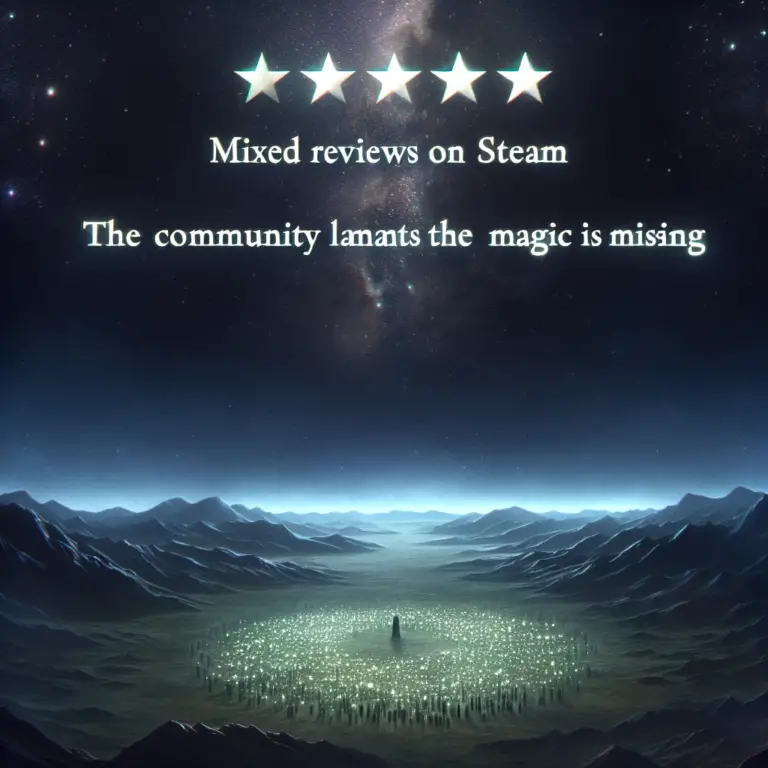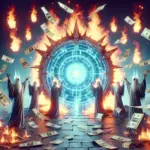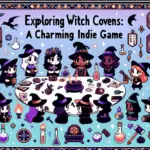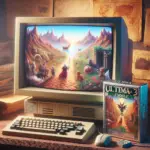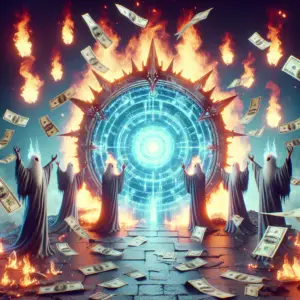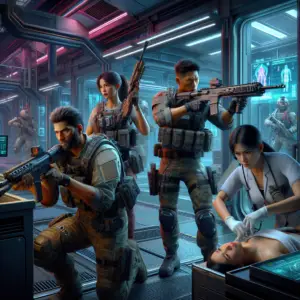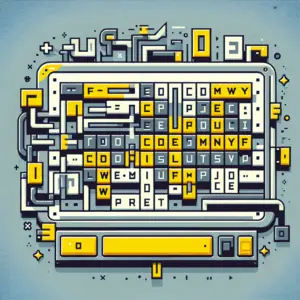Bethesda has a reputation for these big, deep, open-world RPGs you can get lost in for years. They have a legacy of large, technically impressive worlds filled with detail and places to explore. To this day, Skyrim endures as a world people want to return to—which 12 years after launch is genuinely impressive.
Starfield’s Reception and Community Feedback
Starfield, which was meant to be our ‘Skyrim in space‘, was meant to carry on that tradition. All of Bethesda’s pedigree, expanded to over 1,000 planets: a near-infinite universe you could explore for years. And yet, less than half a year since its launch, the exhaustion’s set in. Starfield now, at the time of writing, has mixed reviews on Steam, both All Time (69% positive) and Recent (48% positive).
| All Time Reviews | 69% Positive |
|---|---|
| Recent Reviews | 48% Positive |
As I pointed out when I wrote about the game’s singular nomination in this years’ The Game Awards, Starfield isn’t a bad game. It is, however, a big game. A game with a massive amount of promise stacked behind it—and yet it fell short of the eternal blockbuster Bethesda, and its fans, were expecting.
Any other year, with any other game, a fanbase cooling off post-release wouldn’t even be noteworthy. But this was meant to be the game we’d all be hearing too much about for the next 15 years. What happened?
Player Perspectives on Starfield
Detailing the players’ reviews and comments on Starfield, it’s clear that many feel the game lacks the depth in roleplay elements that Bethesda is known for. The limitations in character morality have been a particular point of contention among the community.
- Players expected to ‘go anywhere, be anyone, do whatever you want, choose any side you desire’ but found this feeling to be absent.
- The Constellation faction is criticized for limiting the ability to play morally ambiguous or evil characters.
- Even the ‘evil’ companion Vasco is described as a ‘toaster with legs’, unable to pass moral judgement.
These points highlight a broader sentiment within the community that the magic of exploration and character freedom, so integral to Bethesda’s previous titles, is just not present in Starfield.
Developer Responses to Criticism
The developer’s response to the criticisms of Starfield included justifications for the game’s design choices. They expressed regret that some players did not enjoy landing on different planets and finding many of them empty. However, they defended this design by stating that some of Starfield’s planets are meant to be empty by design—but that this shouldn’t be equated with being boring.
The developers suggested that players try creating different characters with backgrounds and characteristics that clash or are opposite of their previous character. They insisted that there are so many layers to Starfield, that things previously unknown could be discovered even after playing for hundreds of hours.
Despite the feedback, the developers see the best in their game, believing in the vast and complex universe they have created, and hoping players will find depth and interest as they continue to explore the world of Starfield.
The broader implications of Starfield’s average reception are significant for Bethesda. A studio known for its groundbreaking titles now faces the reality of releasing a game that many consider just average. This is particularly impactful given the high expectations set by the studio’s previous successes. The ongoing work on the game post-launch suggests a commitment to improving and expanding upon the existing foundation, with a portion of the studio still dedicated to its development. The hope is that Starfield will evolve and eventually fulfill the potential that both Bethesda and its fans know it has.

